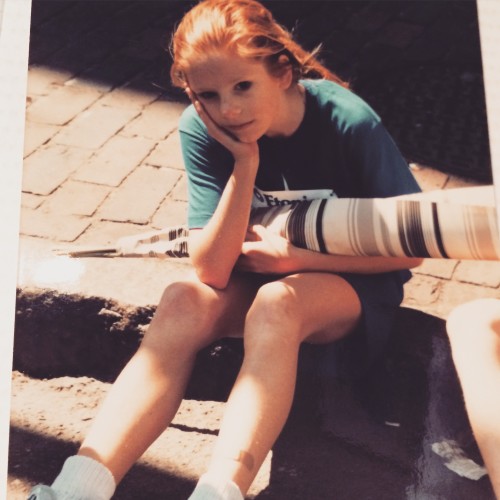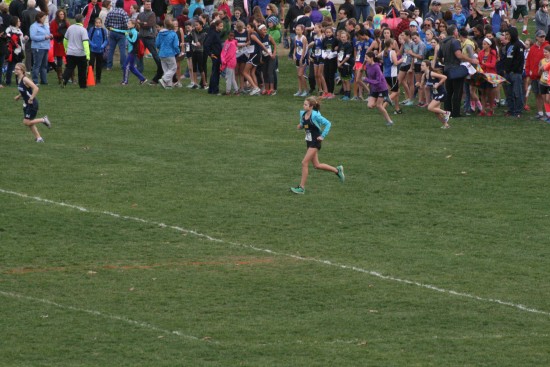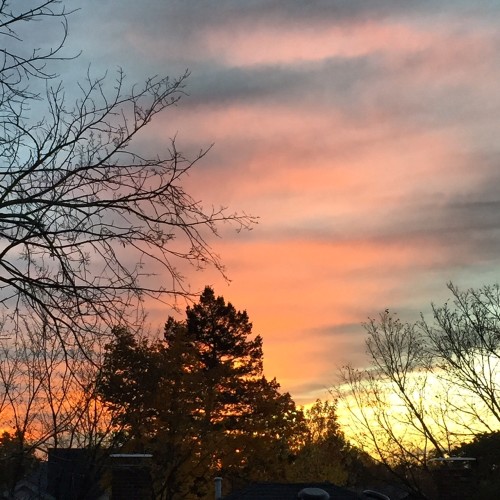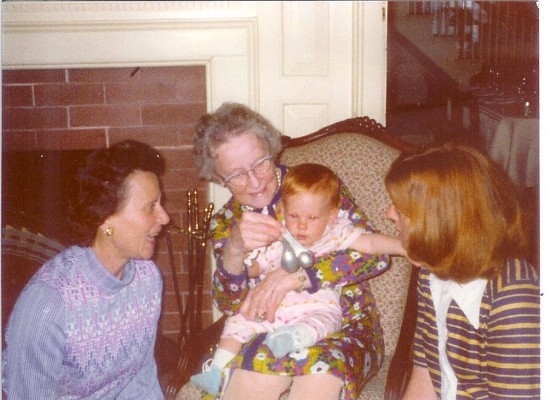
with my mother, my grandmother, and my great-grandmother, 1974
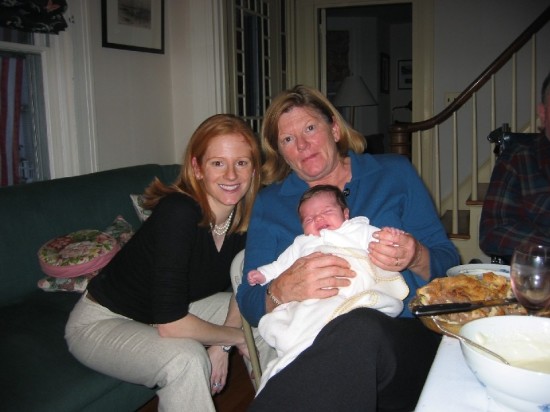
with my mother and my daughter 2002
I recently read – devoured, more like – Anne-Marie Slaughter’s book, Unfinished Business. There are a great many points swirling around in my head but one of the foremost ones is in the acknowledgements. Slaughter mentions her first meeting with her editor at Random House. “Tell me about your grandmothers,” the editor asked. Reading that made me gasp.
Tell me about your grandmothers.
I had two simultaneous thoughts. The first, of Virginia Woolf’s famous quote that “we think back through our mothers, if we are women.” Indeed. The second, of my repeated assertion that I come from a formidable matrilineage and of the power of saying the names of the women who came before us.
It’s not a secret that I desperately wanted to have a daughter. We didn’t find out the gender of either baby before they were born, but I had a strong sense that Grace was a girl. I didn’t want to say it aloud, though, because I was somehow afraid of jinxing myself. I wanted a girl for many reasons – I am one of two girls, I adore my own mother, I studied the mother/daughter relationship closely in college – but one of them was certainly wanting to continue what feels like a strong history of women in my family.
And then on October 26, 2002, after a long and difficult labor, she arrived. And suddenly I had a daughter. I was a daughter and I had a daughter. It’s become a familiar thing, at this point, watching my mother with my daughter, but it never gets old. I do think back through my mother, as Woolf says. I have written many times of my mother’s expansive warmth, of her magnetism, of how “she has always attracted people to her, and, like a sun, is surrounded by more orbiting planets than I can count.”
I have written often of an afternoon soon after Grace’s birth when Mum came over to sit with her while I tried to nap. Grace was asleep on the third floor of our house, I lay in my bedroom on the second floor, and Mum puttered in the kitchen on the ground floor. As I lay in my dark bedroom I felt a tangible cord connecting me both up and down, ahead and backwards in time, my place in the generational line firm, determined. I will never forget the extremely vivid sensation I felt that afternoon of being ensconced between my mother and my daughter.
My grandmothers were formidable too. Each bright and principled and very different but equally compelling. I suspect both of my grandmothers would have had careers, if that was more common in their day. Both graduated from impressive colleges (Middlebury and Wellesley), read voraciously, supported causes they cared about (both my grandmothers were very active in their local chapters of Planned Parenthood), and provided for me terrific examples of strong women who supported husbands and families while having minds of their own. I feel fortunate to have had such women in my own lineage, and it’s not an exaggeration to say I think of them every day.
I can feel the matrilineage that I come from – that I’m a part of – throbbing in my veins. It is a very real, almost tangible part of my life. Sometimes I sense my grandmothers, and others who were dear to me who are now gone, somewhere just beyond the horizon. I know they’re there. I think back through them, as Woolf says, on a daily basis, the women whose names I can recite reverently:
Susan, Janet, Priscilla, Marion, Marion, Elsie, Eleanor.
And, of course, Grace.
Tell me about your grandmothers?

